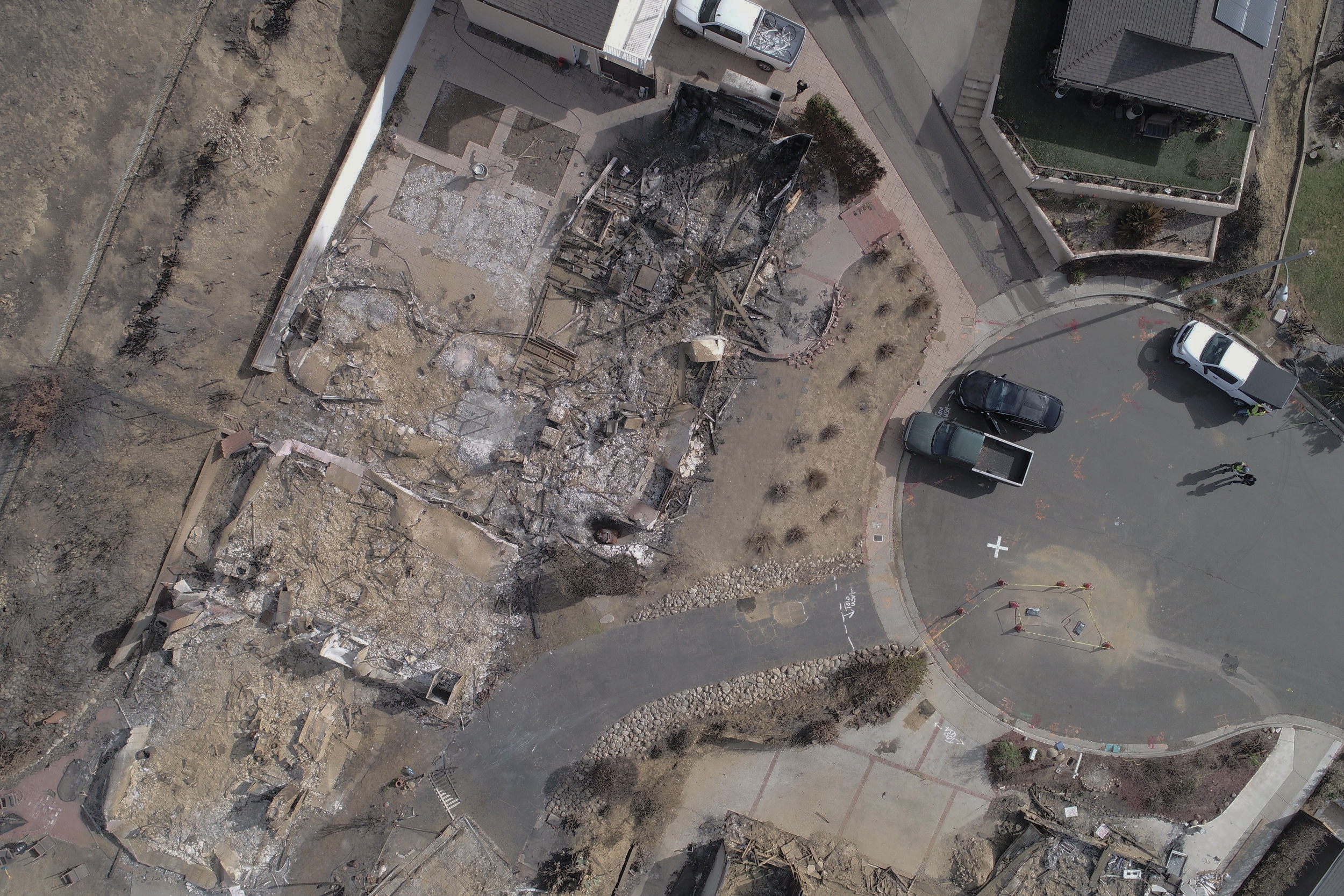The recent California wildfires destroyed thousands of homes, leaving many people struggling to get back on their feet. Rebuilding after such devastation can take years, adding heartache and financial strain on already troubled families. Thankfully, drone technology is making this process smoother. A good drone program can make much of the rebuilding process easier on homeowners, land surveyors, and many other parties involved in getting life back to normal. WM Surveys in Ventura, working with the Aerotas Mapping System, is helping to do exactly that.
Now is the time for a drone investment
The hype is finally dying down in the world of drones. Thank goodness. Throughout 2015 and 2016, many people dreamed and opined about how drones could bring us new shoes in 20 minutes. However we at Aerotas, and our clients, have been focusing on how to actually make drones work in the real world. And now there are 60,000 commercial pilots in the US doing real work with drones – and many of them are surveyors.
Who should process your UAV mapping data?
With the popularity of of UAVs in commercial applications increasing, more and more companies are regularly coming across the question of what is the best way to process drone data. There are lots of different options out there, and this article will describe the three major categories of how to process data, and the pros and cons of each one. Overall, there is no universal best answer. The best way to process data depends on the needs of each individual company.
Can Surveyors Do More with Less by Using Drones?
In a recent interview with Commercial UAV News, Aerotas Co-Founder Daniel Katz discusses the crucial stakes for the Aerotas Mapping System -- and the drone industry writ large -- to solve a critical challenge in the land survey industry.
Who owns the air above your home?
Who controls the airspace above your home? This question is beginning to generate a lot of attention lately. Under the current law, there is no clearly defined line to understand the answer. The courts have been kicking this concept around for decades and until recently have had relatively little need for clarity. Considering the increasing use of drones from both commercial and recreational users flying in this space, there is growing pressure to resolve this lack of clarity. The “grey area” has yet to be defined.
How a drone survey accidentally saved us $600
Anyone that has worked in large public areas before knows that there is always a risk of theft, vandalism, or loss of equipment. It is simply an unfortunate part of the job, as it often costs more to protect the equipment than to simply replace it. This was the situation I was in at the end of a drone survey earlier this week, and it put me in a pretty awful mood. After our flights were completed, I walked the site to pick up our ground equipment only to discover that one of our $600 GPS-enabled aerial targets had vanished without a trace.
POB Column: The Drone is the Easy Part
For Drone Surveying, Trust a Professional
POB Column: Define Your UAS Operations
Many surveyors purchase a drone and start using it without ever considering the importance of having clearly-defined operations -- goals, procedures that ensure those goals are accomplished with a minimum of risk or loss, and training to ensure staff are competent at following those procedures. In our most recent article in Point of Beginning, we cover the 3 operations areas that need to be optimized for a drone surveying program to be as successful as possible.
POB Guest Column: To Succeed With Drones, Keep it Simple
If we seem to be repeating ourselves, it's because this is one of the most important things we have learned: the companies that succeed with drone surveying are the ones that start simply. In our February 2017 guest column in Point of Beginning Magazine, we detail what this approach involves and the benefits it offers.













